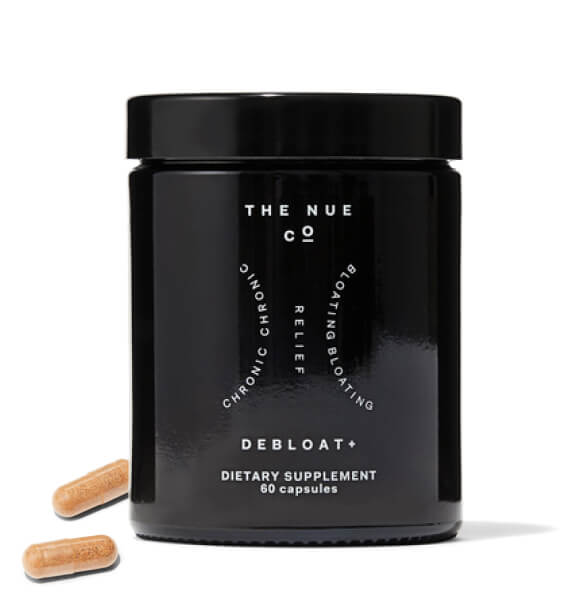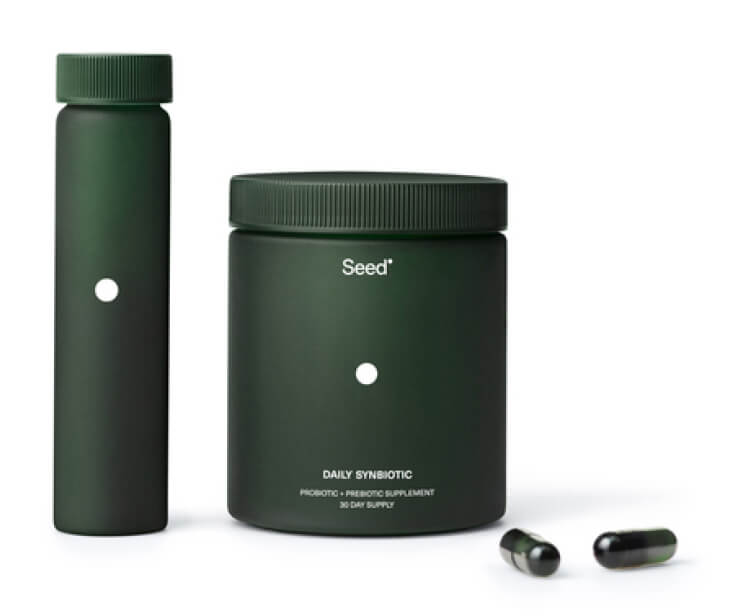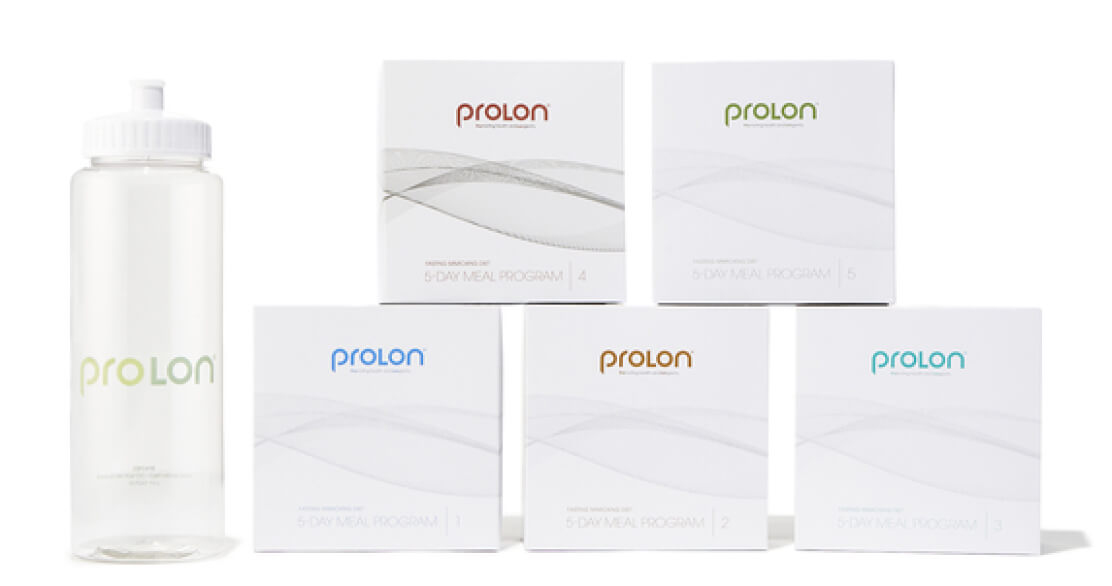Ask Gerda: Do Digestive Enzymes Help Digestion? | Goop

Gerda Endemann, our senior director of science and research, has a BS in nutrition from UC Berkeley, a PhD in nutritional biochemistry from MIT, and a passion for cherry-picking from our wellness shop. She spends a lot of her time interpreting research—established and emerging. You’ll find some of her deep dives into health conditions in our growing library of articles called goop PhD. You can send your own questions for Gerda to [email protected].
Dear goop, I’ve tried all sorts of products to support my gut and digestion. This includes probiotics and prebiotics of course, which you hear a lot about. Why don’t we hear much about digestive enzymes, which seem like an obvious way to go? Do digestive enzymes help digestion? —Josh G.
Hi, Josh. Great question. Since digestive enzymes are essential for digestion, you would think that supplements of these enzymes would be an obvious way to support digestion and to help prevent occasional discomfort resulting from poor digestion. Unfortunately, this isn’t something that there’s a lot of research on. However, the popularity of digestive enzyme supplements tells me that quite a few people feel that they are benefiting from these products.
This doesn’t surprise me, because one of my pet peeves is that very few people chew food well. All too often I see people gulping down food without chewing it thoroughly. Chewing is an essential part of digestion—enzymes can’t access food unless it’s well mashed and mixed with water into a smooth goo. The poor stomach works overtime trying to soften and mash and break up hastily swallowed chunks. (James Nestor, the author of the amazing book Breath, about breathing, sinus health, athletic performance, and more, agrees that people don’t chew enough and postulates that our sinuses would also benefit from more chewing.)
Chewing thoroughly seems especially worthwhile in the case of protein-containing foods. Some proteins, for example gluten, are particularly hard to digest, and incompletely digested proteins can be irritating to the gut.
Many people appear to make enough stomach acid and digestive enzymes to get away with being careless about chewing or taking care of their gut. Their digestion works seamlessly regardless. But some of us find certain foods hard to digest. We may anticipate unpleasant consequences such as diarrhea, constipation, bloating, or symptoms elsewhere in the body.
What do digestive enzymes do, exactly? Digestion is when foods are broken down into small components that can be absorbed into the body. Digestive enzymes include proteases, which break down proteins; amylases, which break down starches; and lipases, which break down fats. Proteases break the bonds between amino acids, ideally converting long chains of amino acids into single amino acids prior to absorption into the body. Amylases break the bonds between glucose molecules in starches, yielding single glucose molecules. Lipases work on fats, freeing fatty acids from the glycerol backbone. We may produce less of these enzymes as we get older.
What digestive enzymes do is support healthy digestion, allowing nutrients from foods to be absorbed. And they may help promote digestive comfort.
-
Debloat+ from The Nue Co. provides a generous assortment of digestive enzymes together with GutGard, a clinically studied gut-supporting licorice root extract.*
The Nue Co.
DEBLOAT+
goop, $45SHOP NOW
-
Probiotics can make a big difference for gut health, so I’d continue to take advantage of their benefits. Seed Daily Synbiotic contains twenty-four probiotic strains to support digestive, cardiovascular, and dermatologic health.*
Seed
DAILY SYNBIOTIC
goop, $60SHOP NOW
-
Another approach is to take it easy on your digestive tract for a few days. The ProLon Diet kit makes this easy, by providing five days of food for a fasting-mimicking program. Choose the original or V2 soup menus to go with the olives, kale crackers, and almond butter bars.
L-Nutra (ProLon)
THE PROLON DIET
goop, $249SHOP NOW
*These statements have not been evaluated by the Food and Drug Administration. These products are not intended to diagnose, treat, cure, or prevent any disease.
This article is for informational purposes only. It is not, nor is it intended to be, a substitute for professional medical advice, diagnosis, or treatment and should never be relied upon for specific medical advice. To the extent that this article features the advice of physicians or medical practitioners, the views expressed are the views of the cited expert and do not necessarily represent the views of goop.
We hope you enjoy the book recommended here. Our goal is to suggest only things we love and think you might, as well. We also like transparency, so, full disclosure: We may collect a share of sales or other compensation if you purchase through the external links on this page.
This article was originally published by goop.com. Read the original article here.







